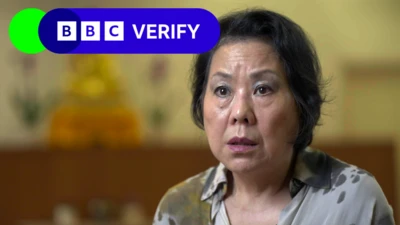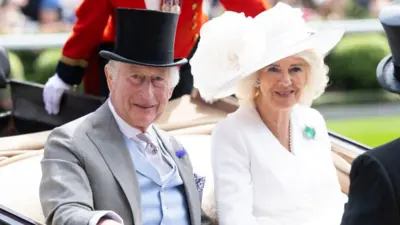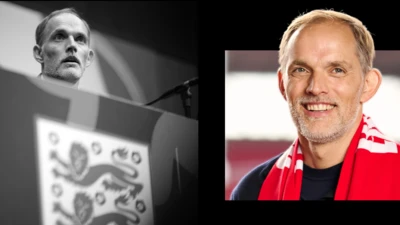We've updated our Privacy and Cookies Policy
We've made some important changes to our Privacy and Cookies Policy and we want you to know what this means for you and your data.
Vince Cable weakened by Murdoch row
- Author, Iain Watson
- Role, Political correspondent, ΒιΆΉΤΌΕΔ News
Business Secretary Vince Cable told the Daily Telegraph's undercover reporters that he could use the "nuclear option" by leaving government - and bringing the coalition down, if pushed too far by the Conservatives.
It was embarrassing for him to see those comments in print this morning.
But it was what the Telegraph had not printed that became more damaging.
When he spoke about Rupert Murdoch, he set off a ticking time bomb which the ΒιΆΉΤΌΕΔ detonated today - and which now means he is far less able to press the nuclear button in future.
A great believer in his own abilities, around Westminster it was felt that Mr Cable had flown too close to The Sun.
As business secretary, he was supposed to put party political considerations aside when deciding on takeovers.
Yet he, unprompted, told journalists posing as members of the public that he had declared war on Rupert Murdoch, one of the global giants of the media industry, and the man who once employed David Cameron's director of communications Andy Coulson.
Now he has effectively been demoted -stripped of his powers over media regulation. These have gone to a Conservative secretary of state who is less likely to compare his relations with the Murdoch empire to a military struggle.
Non-aggression pact
But he keeps responsibility for higher education - the portfolio which gave him so many problems with his party's grassroots - and some of his fellow MPs.
The Telegraph's original expose had already weakened his standing.
He had said some aspects of the coalition's policies were out of control, like a Maoist revolution.
But in a show of unity just before Mr Cable's latest comments were made public, David Cameron and Nick Clegg argued that the coalition was a Great Leap Forward for British politics, achieving a speed and scale of reform not possible had the two parties soldiered on separately.
David Cameron did not even rule out a non-aggression pact at the next election, saying the Tories and Lib Dems would have a shared record to defend.
And Vince Cable had been subjected by the two leaders to - an albeit extremely mild - version of the opprobrium heaped on counter-revolutionaries during the Cultural Revolution.
He was almost certainly correct at the time when he unwittingly spoke to the Daily Telegraph that he could have brought the coalition down had he voluntarily resigned on a matter of principle.
But once his comments became public, he was soon seen as the author of his own misfortune.
Mr Cable will now be beholden to his party leader - and the prime minister - for retaining any place in the cabinet at all.
Backbench fears
So, perversely, the coalition government overall is likely to be strengthened, as it is unlikely he will be able to hold the cabinet to ransom by staging a future, more damaging resignation over - say -banking regulation.
But his weakness must not be overstated, or his influence understated.
Had he been required to resign, he could have been a focal point for grassroots discontent.
Activists who believe too many of their ministers appear to have been sent to a Conservative re-education camp and are not delivering enough for the Lib Dems, would have rallied around someone who lost his job for fighting with Rupert Murdoch, arguing with bankers, and waging a war on some of his Conservative colleagues.
So while any future resignation might not bring the House down, he is still able to inflict damage should he chose to do so.
And David Cameron will hope that by inflicting a degree of humiliation on the business secretary - or minister for tuition fees - he will be able to allay the fears of his own Tory backbenchers that he is too soft on the Lib Dems.
However it is likely that many of them will still feel that "one of their own" would have been dealt with more harshly.
Top Stories
More to explore
Most read
Content is not available








